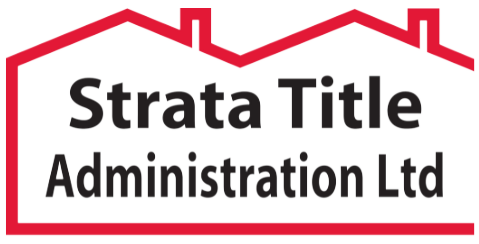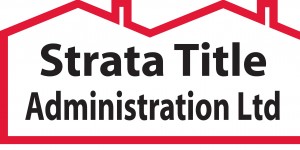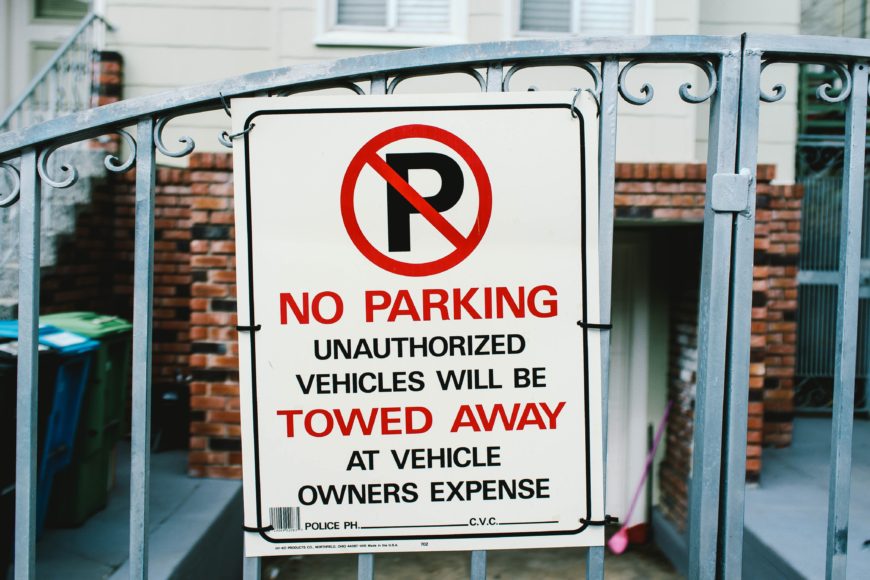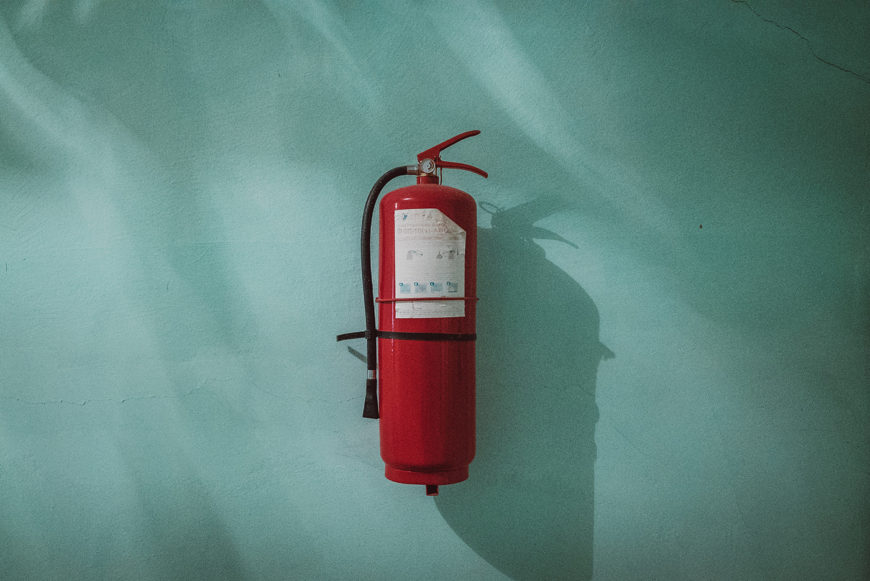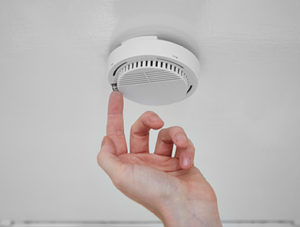What to do when someone breaks the body corporate rules
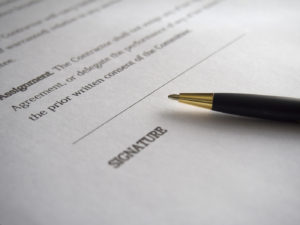 Quiet enjoyment of your property is your fundamental right as part of a body corporate.
Quiet enjoyment of your property is your fundamental right as part of a body corporate.
Body corporate rules are there to help make sure this right is respected. Without exception, everybody living in a body corporate has to follow the operational rules. This applies to both owners and tenants.
If you think someone is breaking the rules, this information will help you work out what to do next.
How do I check what the rules are?
Unless your Body Corporate has formally registered a set of operational rules, the rules that apply ‘by default’ are those set out in Schedule 1 of the Unit Titles Regulations 2011. This states that an owner or occupier of a unit must not:
- Damage or deface the common property.
- Leave rubbish or recycling material on the common property.
- Create noise likely to interfere with the use or enjoyment of the unit title development by other owners or occupiers.
- Park on the common property unless the body corporate has designated it for car parking, or the body corporate consents.
- Interfere with the reasonable use or enjoyment of the common property by other owners or occupiers.
- Dispose of rubbish in a way that is not hygienic and tidy.
Many bodies corporate have adopted and formally registered a set of operational rules that apply to their body corporate. These replace the operational rules in Schedule 1 of the Regulations. If this is the case for your Body Corporate, you should have received a copy of the rules when buying your unit. (If you’re with Strata, the rules for your body corporate can easily be found on the Strata Owner Portal.)
What to do if you think someone is breaking the rules
If your Body Corporate has a building manager, speak with them first to see if they can assist. If the matter requires emergency services, please contact those services directly then advise your building manager or your body corporate management company, such as Strata Title Administration.
If you have a problem with your unit or the Body Corporate, it helps to be very clear and precise about what the problem is. For example, if you have evidence such as photos, make sure you include that to support your claim.
Without proof, it can be difficult to resolve an issue as the offending party can simply deny the claim. So, it’s important to be as specific as you can. Your body corporate management company will then be able to determine if any laws, regulations or operational rules are not being followed.
What if the problem is caused by tenants renting a unit?
The owner of a unit is responsible for ensuring all laws, regulations and rules are followed.
Section 16B of the Residential Tenancies Amendment Act 2010 states that “Body corporate rules form part of the tenancy agreement”.
So in the eyes of the body corporate, anything a tenant does is as if it had been carried out directly by their landlord.
What can be done if someone breaks the rules?
First, the building manager (if applicable) and your body corporate management company will liaise with your chairperson and/or committee and present the available facts and options.
Second, the offending unit owner will be given a chance to rectify the problem. If a resolution can’t be reached, the matter may be referred to the Body Corporate’s solicitors for enforcement. The offending owner will be responsible for the costs incurred during this process – which will be significant if the matter requires the services of the body corporate’s solicitors.
For more advice on how to move forward when someone goes against the rules of your body corporate, contact Strata on 0800 778 7282.
